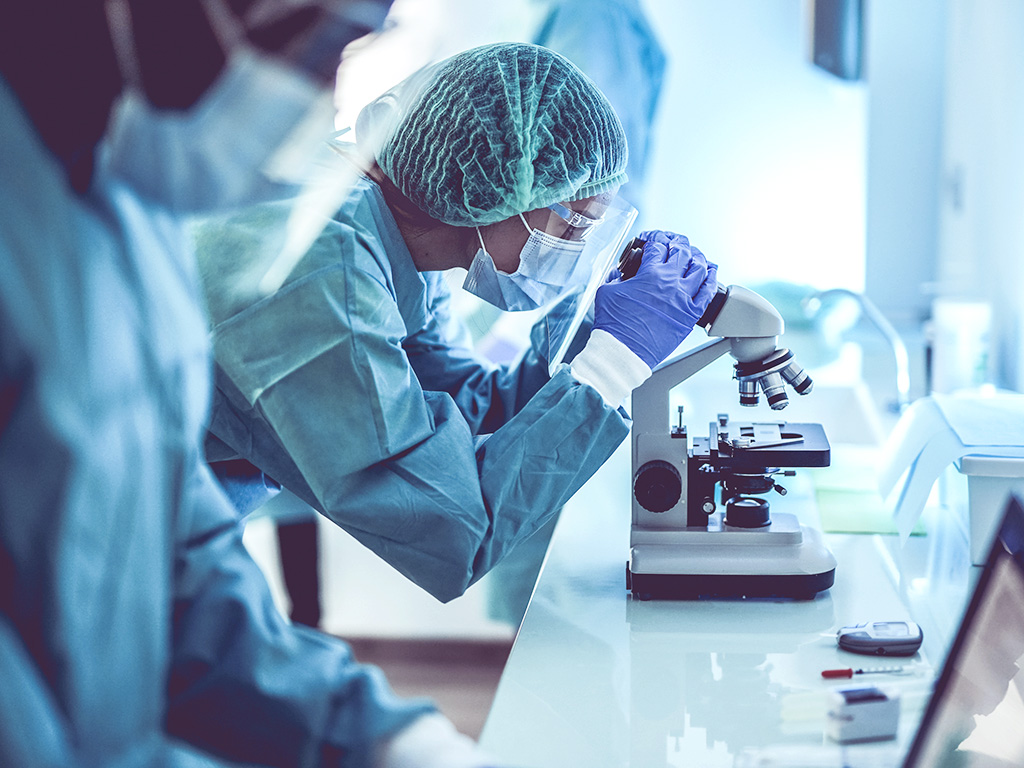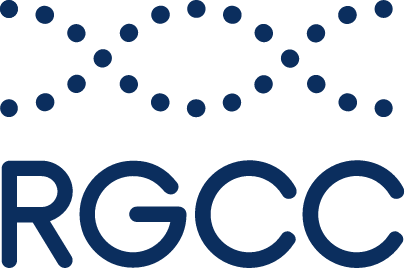RGCC Investigates Potential Treatments and Tests for COVID-19

As the world tries to cope with the rise in cases of covid-19 during the coronavirus pandemic, drug companies are racing to develop treatments that could reduce the number of deaths from the illness.
This includes the specialist medical genetic testing company RGCC, which has turned its expertise and technology in the diagnosis and treatment of cancer to look for potential covid-19 treatments.
RGCC’s usual focus is developing and providing personalised cancer genetics tests for doctors and patients. As part of its cancer research, the company has been creating drugs called nucleotide analogues. This class of medicines includes antiviral treatments that inhibit viruses from replicating inside infected cells.
While many of these nucleotide analogues have not shown an anti-cancer effect, they may be candidates that could inhibit viruses, including RNA viruses, such as the coronavirus that causes covid-19.
RGCC is using the same research techniques it uses in cancer research, but as CEO and medical director Dr Ioannis Papasotiriou explains, the coronavirus’s relatively simple biology compared to cancer means it could be possible to “change the target… to take the tools for cancer and test them for viral efficacy”.
“Viruses are considered way more easy and less complex than cancer,” he explains. “It is very tragic what we are living through today, but the virus is way more simple from the genomic point of view. They don’t adapt as easily [as cancer]. They don’t generate resistance easily.”
So far, RGCC researchers have found two chemical compounds of interest in their preliminary tests in the lab. “These compounds do show an antiviral effect against stopping the life cycle of the virus,” says Dr Papasotiriou.
Having identified promising candidates that warrant further study, RGCC has informed pharmaceutical companies and federal pharmaceutical authorities, who can test the candidates in laboratories where researchers are permitted to grow and study the virus. This includes the German pharmaceutical regulator and a Swiss drug company.
At the same time, RGCC is also working on covid-19 antibody tests that will be able to show whether someone has a current and active infection from the results of a dipstick prick blood test. The test will detect the presence of IgM and IgG antibodies against covid-19. These antibodies are a sign that someone has been infected with the covid-19 virus.
RGCC aims to supply the tests to laboratories in India, where on 30 April there had been over 33,000 confirmed cases and more than 1,000 deaths from covid-19, according to Johns Hopkins University.
“We tried to create something rational and easy that someone could produce very fast,” says Dr Papasotiriou. “India right now has a tremendous pressure to have a rapid diagnostic test at a rational cost. The cheapest and relatively reliable tests cost approximately €40 each, which is really expensive by Indian standards.
“Using our technologies of generating antibodies we were able to create a test that uses a drop of blood to identify whether someone is positive or not for covid-19. We are going to give the technology, without claiming any intellectual property, to the authorities in India to produce them for their population of 1.35 billion people.”
If successful, the research could contribute to the global efforts by scientists and researchers to find accurate tests and effective treatments to help fight covid-19, as the world races to contain the spread of the coronavirus. Dr Papasotiriou says: “Hopefully we will have something soon, because time is not working in our favour.”

